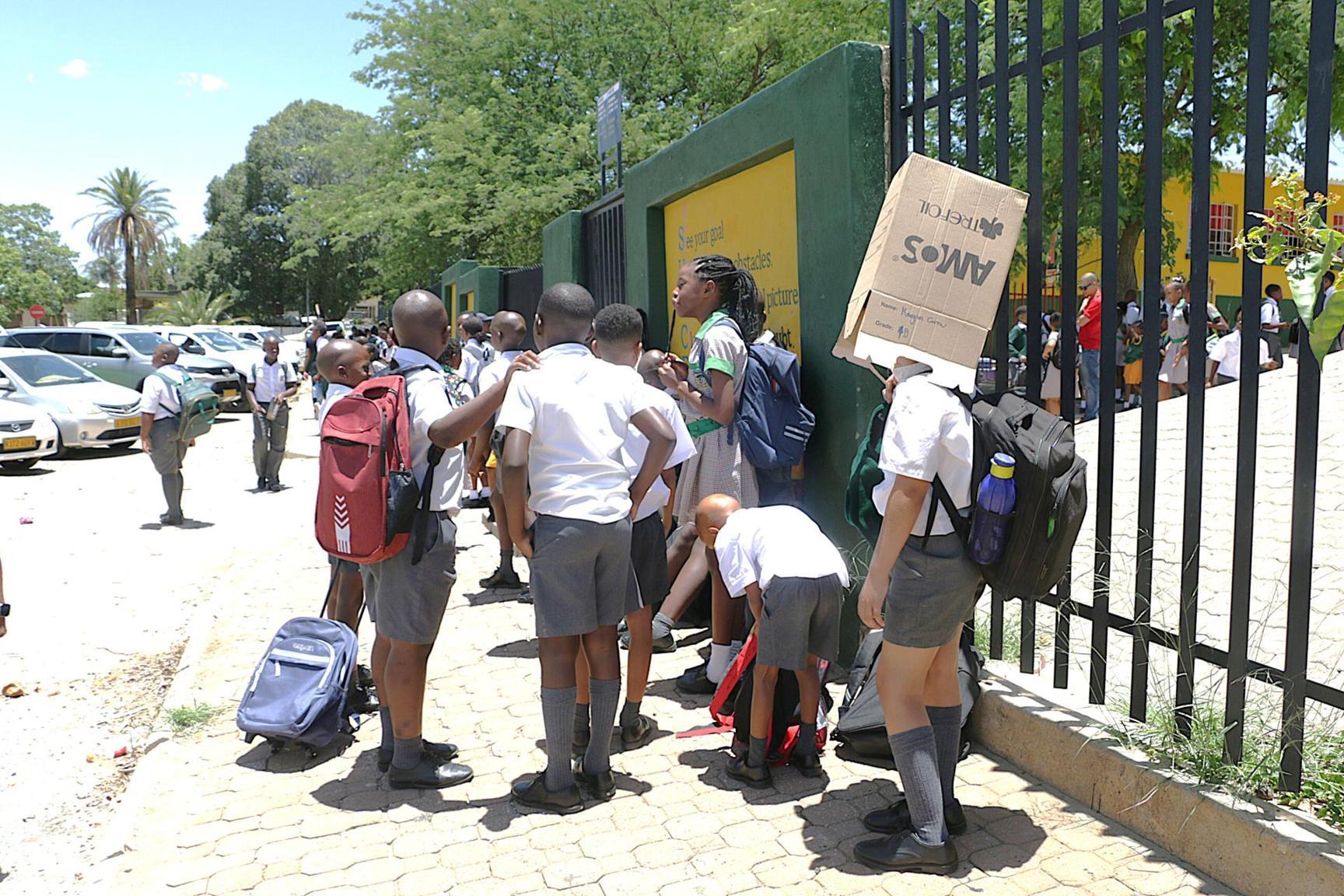Africa-Press – Namibia.
The Commonwealth Youth Ecosystem Stakeholders are pushing for the inclusion of mental health and well-being curricula in schools to foster resilience from an early age.
The stakeholders stipulate in the Windhoek Declaration, scribed during the first Consultative Dialogue, the importance of integrated school-based and university-based mental health programmes. They want these programmes to be supported by professional counsellors, peer networks and digital care innovations.
Speaking to New Era on Thursday, Commonwealth Youth Council’s (CYC) regional representative for Africa, Rosy Schaneck said despite the Life Skills subject being effective it needs strong reinforcement.
She said the Namibian curriculum framework should have a robust and proactive approach to life skills, emphasising on the importance of mental health and well-being for young people.
“We want it to be more than just a subject that is had on a bi-weekly basis, but more of an informed perspective that really delves into the notion and narrative of identity, self-identification, self-esteem, self-goal setting and focuses on the main constructs of what it is to be an individual. [And answer questions like] How can a young person plan their life ahead to ensure that they navigate successfully towards their passions and aspirations?”
Schaneck acknowledged that the government can only do to a certain extent and urged the collaborative support of civil society organisations and the community at large.
She highlighted the significance of equipping parents, caregivers and teachers with the tools and training needed to identify and respond to emotional and psychological distress in young people.
She implored parents to sit down with their children who going through anxieties and other mental health issues.
One of the systematic problems that we face as a nation, she said, is the discord in emotional availability of parent-to-child relationships.
That, she added, is also further exacerbated by the lack of fatherhood figures within the lives of children.
The declaration reads “[We] affirm the need to treat mental health with the same urgency, investment and institutionalisation as physical health, ensuring it is covered by public health systems and protected as a universal right and not excluding any sector that is overlooked.”
In addition, the stakeholders advocate for a narrative shift from stigma to empowerment by investing in youth-led mental health campaigns and platforms that elevate the voices of lived experience.
The discussion brought together youth leaders from across the 56 countries of the Commonwealth to affirm commitment to co-creating an inclusive, equitable and sustainable future for all young people.
The Windhoek Declaration was handed to Prime Minister Elijah Ngurare on 8 August 2025 as the talks concluded.
“As a nation committed to empowering the youth, Namibia is deeply moved by the richness of discussions that you have had, the strength of your convictions and the clarity of your vision for a more inclusive, responsive and sustainable youth ecosystem,” he told the stakeholders at the concluding gala event.
The dialogue was held under the theme “Reimagining Youth Leadership: Strengthening Systems for Sustainable Impact”.
According to the World Health Organisation, about 727 000 people died by suicide in 2021, globally.
It was the third leading cause of death among 15-29-year-olds; second for females, third for males.
“More than half of global suicides (56%) happened before the age of 50 years, and the majority of suicides occurred in low- and middle-income countries (73%),” the organisation reported.
For More News And Analysis About Namibia Follow Africa-Press






